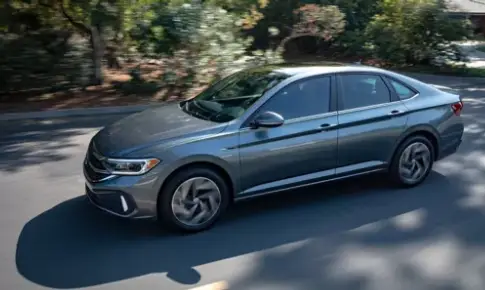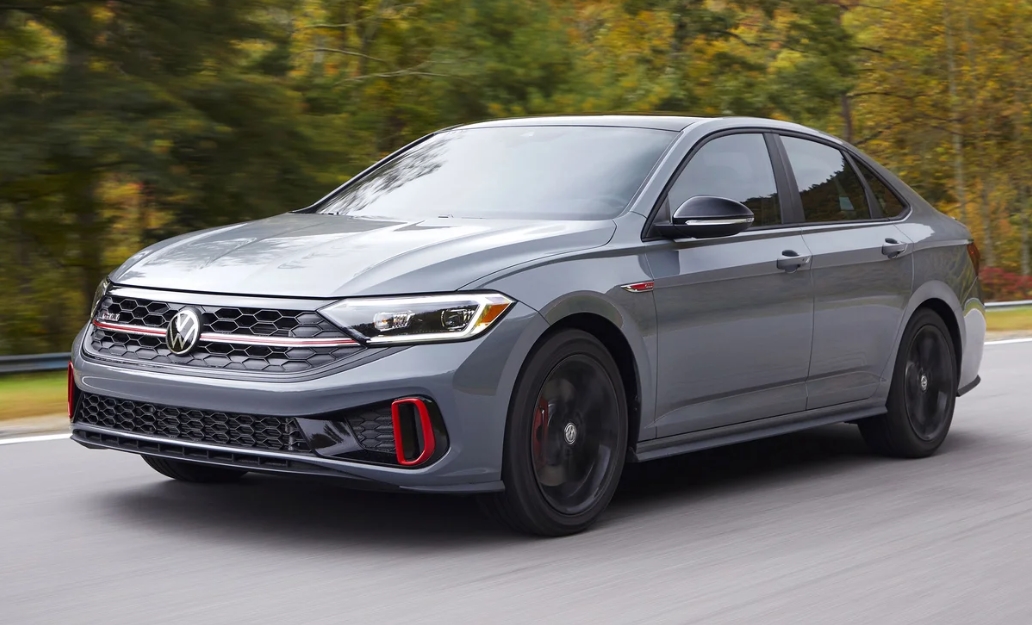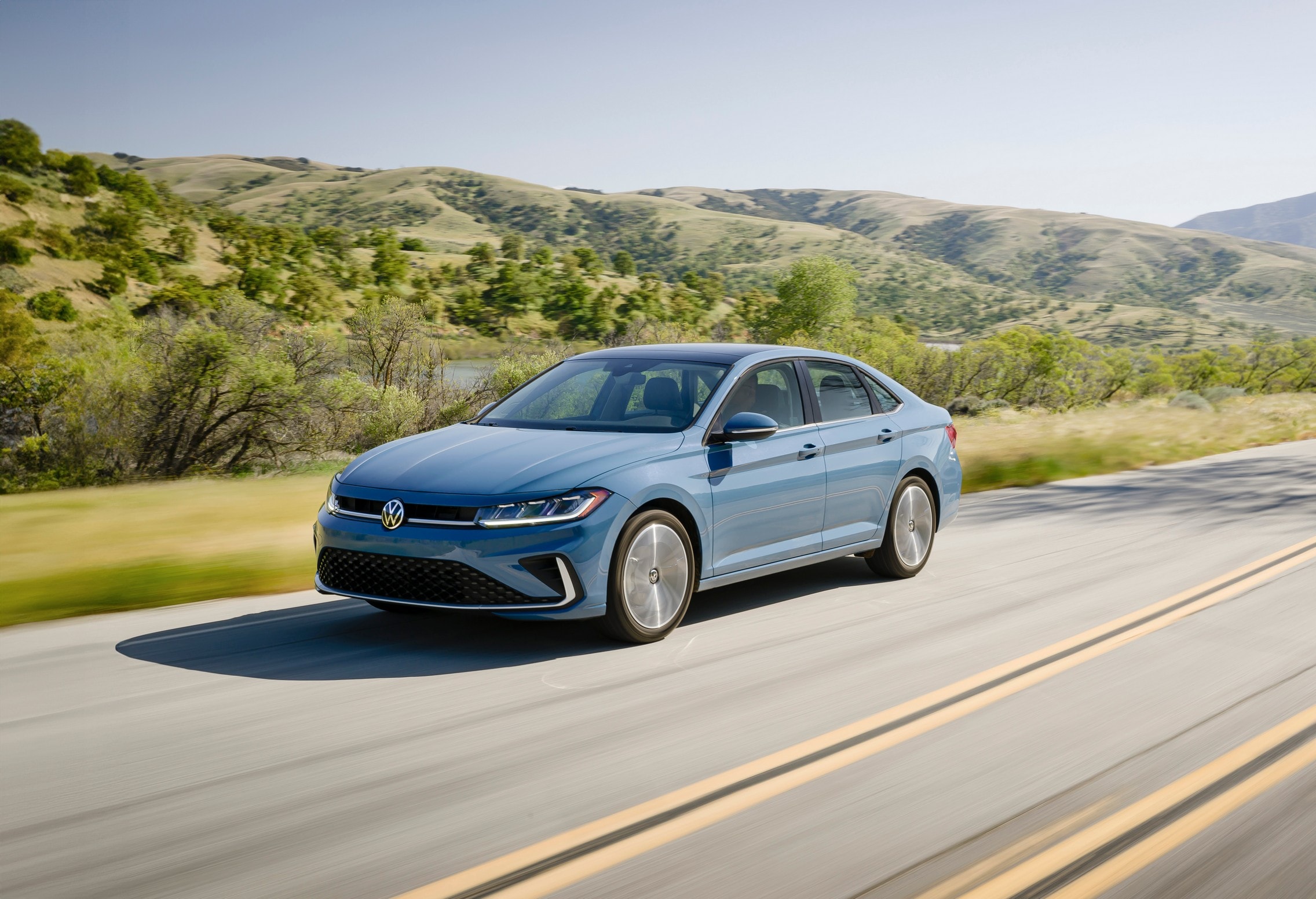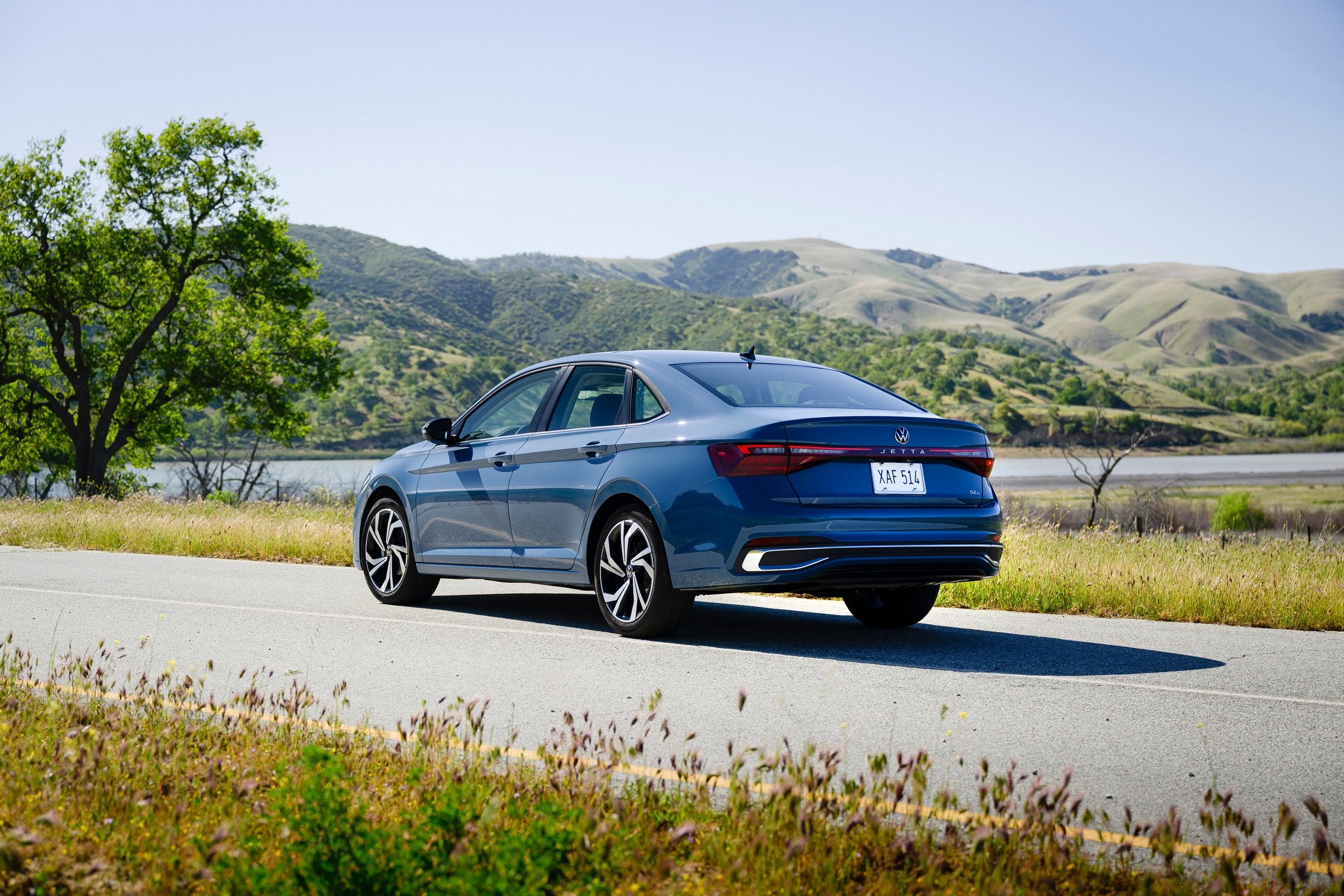The 2025 Jetta: A Look At Fuel Efficiency In The Modern Sedan
The 2025 Jetta: A Look at Fuel Efficiency in the Modern Sedan
The 2025 Jetta: A Look at Fuel Efficiency in the Modern Sedan
Introduction
With great pleasure, we will explore the intriguing topic related to The 2025 Jetta: A Look at Fuel Efficiency in the Modern Sedan. Let’s weave interesting information and offer fresh perspectives to the readers.
Table of Content
The 2025 Jetta: A Look at Fuel Efficiency in the Modern Sedan

The automotive landscape is constantly evolving, driven by advancements in technology and a growing emphasis on sustainability. The 2025 Volkswagen Jetta, a model anticipated to be a significant player in the compact sedan segment, is poised to offer drivers an appealing combination of performance, comfort, and fuel efficiency. While precise figures for the 2025 Jetta’s fuel economy are not yet available, projections and trends within the automotive industry provide valuable insights into what drivers can expect.
Understanding the Factors Influencing Fuel Efficiency
The 2025 Jetta’s fuel economy will be influenced by a variety of factors, including:
- Engine Technology: The Jetta is expected to continue offering a range of engine options, including turbocharged four-cylinder gasoline engines. Advancements in direct injection, variable valve timing, and other technologies will contribute to improved fuel efficiency.
- Transmission: The Jetta is likely to be equipped with a sophisticated transmission, such as a dual-clutch automatic or a manual transmission, both known for their efficiency in optimizing gear ratios for fuel economy.
- Aerodynamics: Volkswagen is known for its commitment to aerodynamic design, and the 2025 Jetta will likely benefit from streamlined bodywork and other features that reduce drag and enhance fuel efficiency.
- Weight Reduction: Lightweight materials, such as high-strength steel and aluminum, are increasingly being used in automotive construction. This trend towards lighter vehicles contributes directly to improved fuel economy.
- Hybrid and Electric Options: While the 2025 Jetta may not initially offer a fully electric powertrain, the introduction of hybrid variants is a strong possibility. Hybrid technology combines a gasoline engine with an electric motor, resulting in significant fuel savings.
The Importance of Fuel Efficiency in the Modern World
Fuel efficiency is a critical consideration for consumers and manufacturers alike. Beyond reducing fuel costs, a vehicle’s fuel economy directly impacts:
- Environmental Impact: Lower fuel consumption translates to reduced greenhouse gas emissions, contributing to cleaner air and a healthier planet.
- Energy Security: Fuel-efficient vehicles reduce dependence on fossil fuels, promoting energy independence and stability.
- Economic Benefits: Lower fuel costs contribute to savings for drivers, while the demand for fuel-efficient vehicles supports the development of advanced technologies and manufacturing jobs.
Frequently Asked Questions
Q: What kind of fuel economy can I expect from the 2025 Jetta?
A: While exact figures are not yet available, it is reasonable to anticipate that the 2025 Jetta will offer competitive fuel economy compared to other compact sedans in its class. Based on current trends, a combined fuel economy rating of 30-35 mpg or higher is possible, depending on the specific engine and transmission configuration.
Q: Will the 2025 Jetta be available with a hybrid powertrain?
A: While Volkswagen has not yet confirmed plans for a hybrid Jetta in 2025, the increasing popularity of hybrid technology makes it a strong possibility. The company’s commitment to sustainable mobility suggests that a hybrid variant could be introduced in the future.
Q: What are some tips for maximizing fuel efficiency in the 2025 Jetta?
A: Drivers can optimize their fuel economy by adopting a few simple practices:
- Avoid Aggressive Acceleration and Braking: Smooth acceleration and braking reduce fuel consumption significantly.
- Maintain Proper Tire Inflation: Underinflated tires increase rolling resistance, leading to reduced fuel efficiency.
- Minimize Unnecessary Weight: Remove any unnecessary items from the car to reduce overall weight.
- Avoid Idling: Turn off the engine when stopped for extended periods.
- Use Cruise Control: Maintain a steady speed on highways to optimize fuel economy.
Conclusion
The 2025 Volkswagen Jetta is expected to be a fuel-efficient and technologically advanced compact sedan. While specific fuel economy figures are yet to be released, the anticipated combination of advanced engine technology, aerodynamic design, and potential hybrid options points towards a vehicle that will be both practical and environmentally conscious. As the automotive industry continues to prioritize sustainability, the 2025 Jetta is poised to become a compelling choice for drivers seeking a balance of performance, efficiency, and value.








Closure
Thus, we hope this article has provided valuable insights into The 2025 Jetta: A Look at Fuel Efficiency in the Modern Sedan. We thank you for taking the time to read this article. See you in our next article!